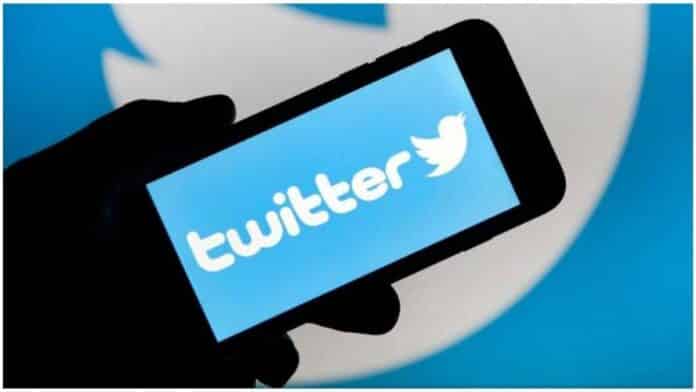The union government has informed the High Court of Karnataka that being a significant intermediary, micro blogging site Twitter has additional responsibility and it was its duty “to provide details of account holders”.
Additional Solicitor General R Sankarnarayanan who appeared for the central government, gave the examples of “dangerous” tweets that “is going to affect the integrity, sovereignty of India or is going to create a public (dis) order; then naturally we will step in and either we will issue a take down notice or we will say block the account.”
The ASG cited “somebody gives a tweet under the assumed name of Government of Pakistan about India Occupied Kashmir, somebody says (V) Prabhakaran (LTTE leader) is a hero and he is coming back. All this is so dangerous that it is going to incite violence.”
Twitter approached the HC in June 2022 against the take-down orders issued by the Ministry of Electronics and Information Technology (MeitY).
Twitter claims the government is required to issue notice to the owners of the twitter handles whose accounts are blocked. Twitter has also claimed that the government has even prevented it from informing the account holders whose accounts have been ordered to be blocked.
The ASG also submitted to the court that Twitter cannot take protection under Section 79 of the Information Technology Act which exempts social media intermediaries in certain cases. Twitter was bound to follow the directions of the authorities designated by the government, he submitted.
The ASG said that according to Rule 4 of IT Rules 2021, Twitter was required to provide details required by the government. “It is very difficult for a government to monitor and do it, to the extent it does, it requires support,” he said.
According to the ASG, “The doctrine of proportionality has undergone a lot of change consistent with the change in societal values. After the Anuradha Bhasin case the intermediary guidelines were also framed.”
“Rule 3 of the Information Technology (Intermediary Guidelines and Digital Media Ethics Code) Rules, the due diligence by an intermediary is necessary. Twitter being a significant social media intermediary, it is the duty of the intermediary to provide details of the account holder,” the ASG told the court.
Justice Krishna S Dixit asked the ASG, “What is meant by significant intermediary?”
To which the ASG replied that it depended on the volume of traffic on the site. “It is the number of users. The volume. As per Rule 2(1)(v) Significant Social media intermediaries having number of registered users in India above such threshold as notified by the Central Government,” he said.
“…. It is the duty of the intermediary to provide the origin (of tweet). Rule 4 mandates that he must give it . Therefore, the argument must fall flat,” the ASG said.
During a hearing on February 6, the government had told the HC that Twitter being a foreign entity cannot claim protection under Article 19 of the Constitution.
“They are not entitled to protection under Article 19, as it is a foreign body, corporate and foreign entity. Under Article 14, there is nothing arbitrary and section 69 (A) has been properly followed. Moreover, failure to give notice to an account holder is not a factor which would vitiate the entire proceedings. Therefore, they are not entitled to any relief,” the Court was told.
The Single-Judge Bench of Justice Dixit who heard the arguments on Thursday adjourned the hearing to April 10.




